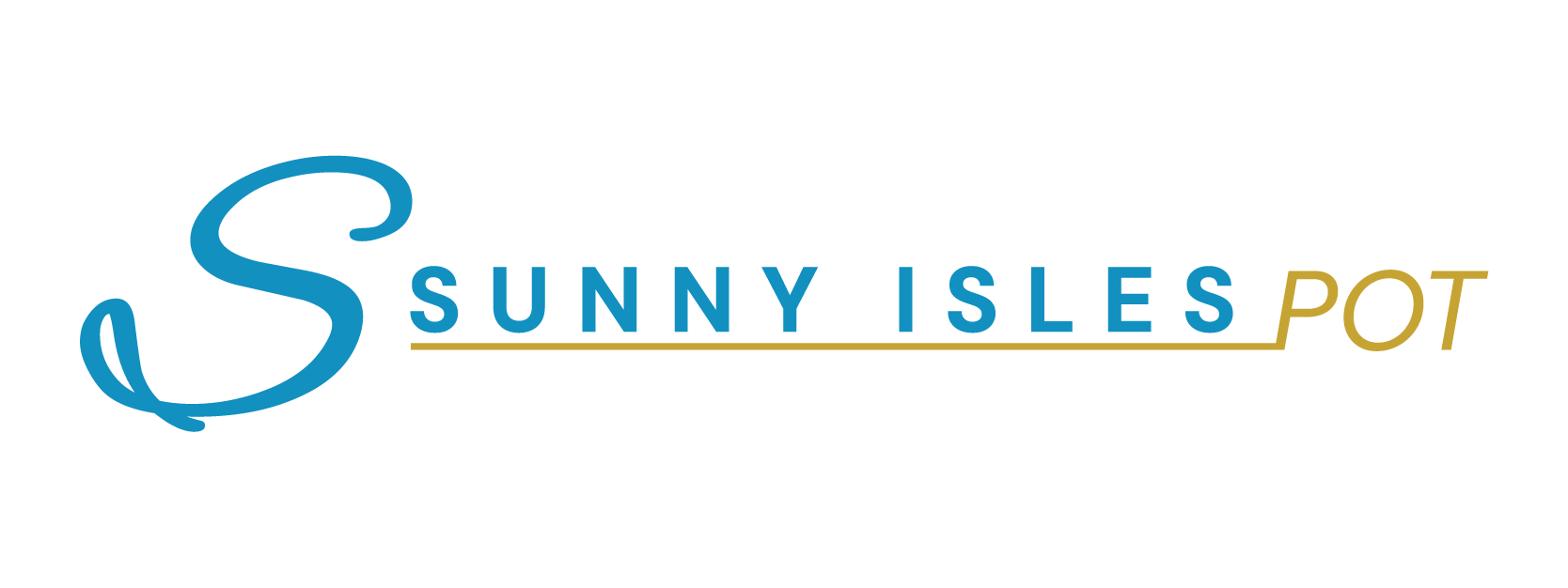The cannabis marketplace in the United States is rapidly expanding, but not all THC products are created—or regulated—the same way. Consumers often encounter cannabis items at both licensed dispensaries and local smoke shops, yet the products sold through these channels differ significantly in safety, quality, and compliance. Understanding these differences is essential for making informed purchasing decisions and protecting one’s health.
Licensed Dispensary THC Products
Products sold in licensed dispensaries are subject to rigorous state regulations. These businesses operate under cannabis licensing programs that require strict testing for potency, purity, and safety. According to industry reports, dispensary products must undergo third-party lab testing to verify THC and CBD content and to screen for contaminants including pesticides, heavy metals, mold, and residual solvents.
Dispensaries also provide clear labeling and dosage guidelines. This ensures customers know exactly how much THC is in a product—whether it’s flower, edibles, vapes, or tinctures. Additionally, dispensaries are staffed with trained budtenders who can educate consumers about strain types, effects, and safe consumption practices. This regulated environment gives consumers confidence that they are purchasing products that meet safety standards and deliver consistent results.
THC Products in Smoke Shops
By contrast, most smoke shops do not sell state-regulated cannabis. Instead, they typically offer products derived from hemp, such as delta-8 THC, delta-10 THC, HHC, and other cannabinoids created through chemical conversion of CBD. While these products are legal under the 2018 Farm Bill as long as they contain less than 0.3% delta-9 THC by dry weight, they are not regulated to the same degree as state dispensary products.
The U.S. Food and Drug Administration (FDA) has not approved delta-8 and similar products, and several state agencies have issued warnings about their safety. Independent investigations, including reports by the U.S. Cannabis Council, have revealed that many smoke shop THC products contain inaccurate labeling and, in some cases, dangerous levels of contaminants. Unlike dispensary products, they may not undergo standardized lab testing, and there is often little oversight on how they are manufactured.
Why the Difference Matters for Customers
For consumers, the choice between dispensary THC and smoke shop THC products has real implications. Dispensary items provide transparency, consistency, and safety assurance through regulation and lab verification. Smoke shop THC products, while often cheaper and more accessible, carry higher risks due to uncertain potency and potential contamination.
This distinction is especially critical for individuals using cannabis for medical reasons. Patients seeking relief from chronic pain, anxiety, or sleep disorders need reliable and consistent dosing. Using unregulated products could not only diminish effectiveness but also pose health risks if contaminants are present.
Moreover, legal implications vary. Purchasing from licensed dispensaries ensures compliance with state cannabis laws, whereas hemp-derived THC products from smoke shops occupy a legal gray area that is increasingly scrutinized by regulators.
In Summary
As the cannabis industry evolves, customers must understand the difference between regulated dispensary THC products and unregulated smoke shop alternatives. Dispensaries provide lab-tested, safe, and reliable cannabis, while many smoke shop THC products lack oversight and carry greater risks. By choosing regulated products, consumers protect their health, ensure consistency, and support businesses operating within the legal framework of the cannabis industry.
